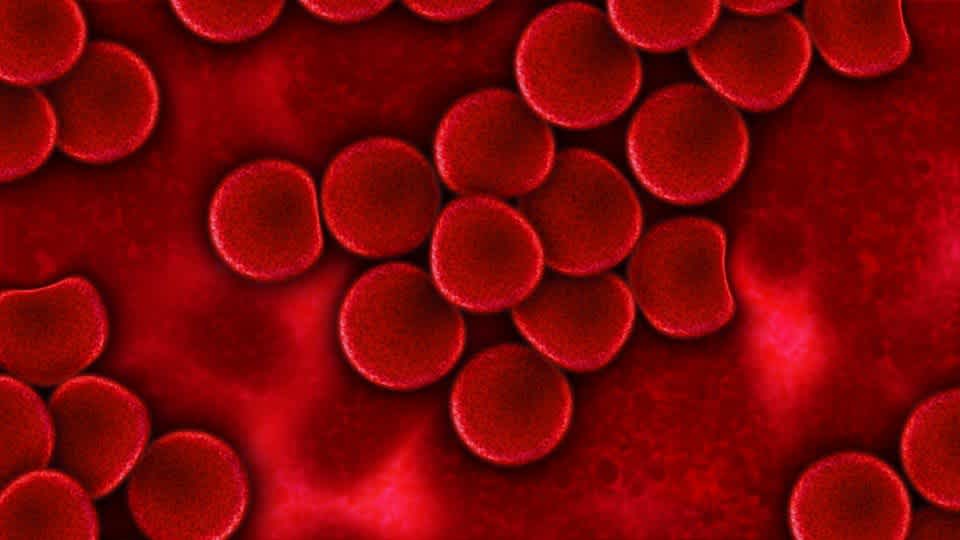
What Does High White Blood Cell Count Mean?
Medically reviewed on June 27, 2022 by Jordan Stachel, M.S., RDN, CPT. To give you technically accurate, evidence-based information, content published on the Everlywell blog is reviewed by credentialed professionals with expertise in medical and bioscience fields.
Table of contents
- What Is Considered a High White Blood Cell Count?
- High White Blood Cell Counts and Your Health
- Related content
The white blood cells are the part of the blood designed to defend the body from bacteria, viruses, and other foreign microbes. Like other blood cells, white blood cells are made in the bone marrow [1]. While the body has natural systems that keep white blood cells in check, you may end up with a higher-than-normal white blood cell count. What is a high white blood cell count, and what could it mean for your health?
What Is Considered a High White Blood Cell Count?
What does a high white blood cell count mean, exactly? A high white blood cell count, also known as “leukocytosis,” refers to a sudden increase in the number of white blood cells in the blood [1]. In people with leukocytosis, this number exceeds the average WBC count, so it can potentially vary from person to person. Different laboratories will also use different ranges. Normal WBC count ranges typically comprise:
- 5,000 to 10,000 white blood cells per microliter of blood for children
- 5,000 to 10,000 white blood cells per microliter of blood for men
- 4,500 to 11,000 white blood cells per microliter of blood for women [1]
Again, these ranges can vary. In general, any adult with more than 11,000 white blood cells per microliter is considered to have a high white blood cell count [2].
High White Blood Cell Counts and Your Health
In many cases, a high white blood count is not something to immediately worry about. It usually indicates that there may be a viral or bacterial infection. When you have an infection or inflammation, the immune system increases its white blood cell production to attack the invading microbes and defend the body [3].
While an elevated white blood count may just be a sign of a bacterial infection, it can also be pointing to a more severe issue such as cardiovascular disease, acute leukemia, a bone marrow disorder, or other serious health problems. If you have done an at-home complete blood count and your results show that you have a high white cell count, contact your healthcare provider so they can conduct further testing.
A high white blood cell count may also indicate:
- A normal reaction to medication designed to increase white blood cell count
- Immune system disorders that increase white blood cell count
- Bone marrow disorders that may result in abnormal white blood cell counts [3]
More specific causes of high white blood cell count include:
- Physical burns
- Thyroid issues
- Removal of the spleen
- High physical and emotional stress
- Smoking [1]
Due to the number of conditions involved with leukocytosis, making any singular diagnosis using white blood cell count alone is difficult. More often, white blood cell counts can help to diagnose something that you are already experiencing [4]. Your healthcare provider will likely order a test for white blood cell count if you have:
- Headaches
- Muscle and body aches
- Fever
- Chills
- Night sweats
- An enlarged spleen
- Swelling in the lymph nodes [1]
Conducting a CBC test can help determine if you are within a healthy range or not. High white blood cell counts are rarely discovered by chance or unexpected, given other symptoms and test results [4].
White blood cell counts are an important tool in determining your health and diagnosing conditions. If you are concerned that you may have a high white blood count or a low white blood count, do not wait to seek help.
Related content
Why Are You Supposed to Fast Before a Blood Test?
What Is a Complete Blood Count?
What Are the Symptoms of a Low White Blood Cell Count?
References
1. High White Blood Cell Count. Cleveland Clinic. URL. Accessed June 27, 2022.
2. High white blood cell count, symptoms. Mayo Clinic. URL. Accessed June 27, 2022.
3. High white blood cell count, causes. Mayo Clinic. URL. Accessed June 27, 2022.
4. High white blood cell count, when to see the doctor. Mayo Clinic. URL. Accessed June 27, 2022.